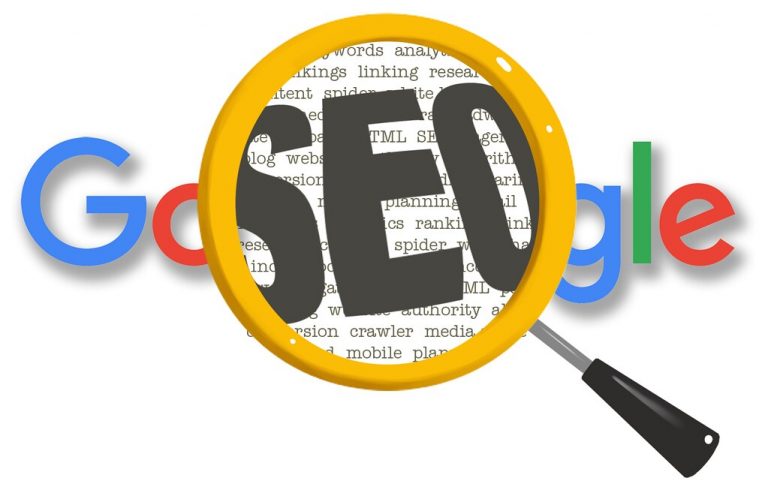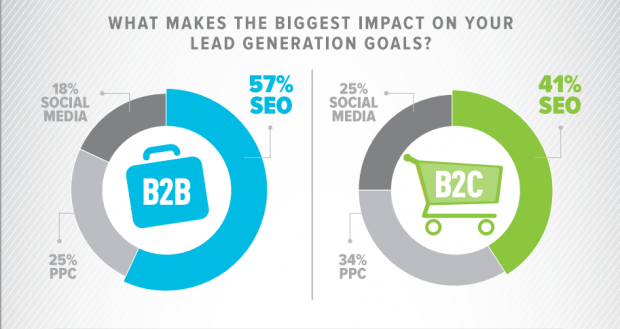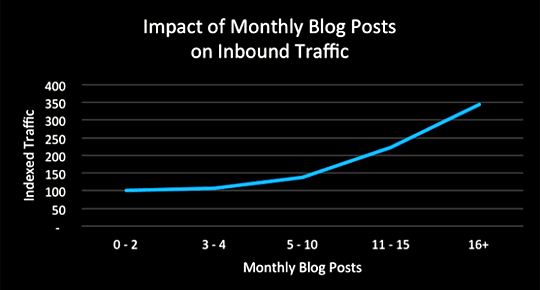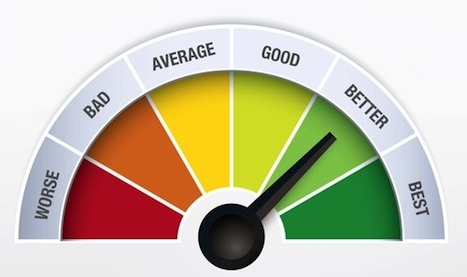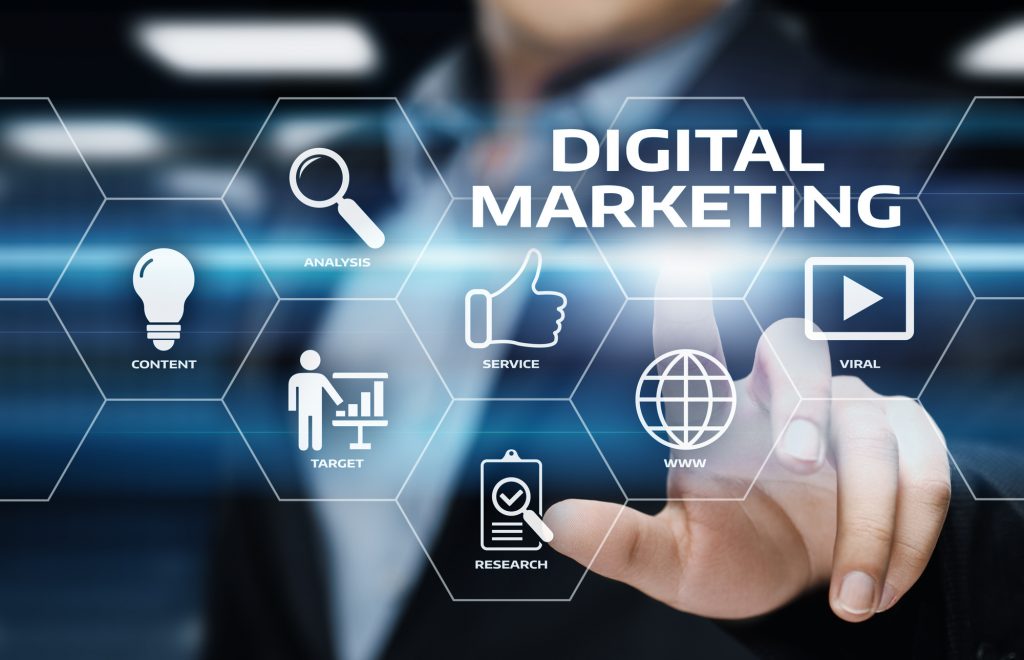What is the definition of a digital marketing strategy?
What is the definition of a digital marketing strategy?

A digital marketing strategy is a plan that enables your company to achieve specified objectives by utilising carefully chosen marketing channels such as paid, earned, and owned media. Running a digital marketing campaign without a strategy is akin to touring a new city without a GPS – you’re bound to make a lot of wrong turns, resulting in aggravation and an excessively long trip to your destination.
When you’re planning a trip, you’ll almost certainly start by creating an itinerary to make the most of your time and money. A marketing plan is also required for better efficiency in digital marketing.
The following goal kinds are detailed in a solid online marketing strategy:
- Short-term
- Medium-term
- Long-term
Setting a variety of goals will help you develop a stronger business strategy. For example, you can set short and medium-term goals to help you achieve your long-term objectives.
What's the difference between digital marketing campaigns and digital marketing strategies?
You could ask if digital marketing campaigns and digital marketing strategies are the same thing when you learn about them.
The terms “digital campaigns” and “digital strategies” are not interchangeable.
You must have a digital strategy if you want to be effective with Internet campaigns.
Your online strategy will assist you in developing effective and planned web campaigns.
A solid Internet marketing strategy will assist you in generating quality leads and money for your company.
5 Crucial Elements of a Digital Marketing Strategy
You may begin developing a digital marketing plan for your company now that you understand what it is.
Continue reading to learn how to create a five-step digital marketing action plan:
1. Set your goals

You have a destination in mind while planning an itinerary. The destination is a collection of defined marketing goals you want to reach from your efforts while developing a digital marketing plan. These marketing objectives should be linked to your company’s primary objectives.
Whatever your objective is, you must guarantee that you are tracking your progress. Perhaps your goal is to increase the number of email subscribers.
2. Knowing Who You're Marketing To

You know how important it is to learn how natives interact when travelling; you don’t want to appear like a weird visitor. Digital marketing campaigns are no exception. This entails knowing your target market, demographics, and the psychology of current and potential clients.
A potential buyer must go through numerous phases before making a purchase and, hopefully, becoming a long-term customer. Although the stages may differ, they usually begin with brand awareness and education, progress to contemplation, and lastly to a choice and sales conversion.
3. Create buyer personas
You must know who you’re targeting if you want to establish an effective web marketing plan. If you don’t know who wants your products or services, you can’t have a successful approach.
Creating buyer personas is the best approach to figure out who your target audience is. Buyer personas are fictional characters who represent people who are interested in your company.
There are several categories of people who are interested in a company’s products or services. Personas help you understand the many types of people who desire to acquire your products or services.
Detailed and robust buyer personas are the foundation of a great marketing plan.
You may target your ideal consumer in a way that appeals to them if you know who they are.
4. Examine your present online marketing methods
You must audit your digital marketing strategy process if you want to improve it.
To know how to improve your campaign, you must first understand how it works.
On your website, you’ll want to look at three different sorts of media: earned, owned, and paid.
5. Make a financial plan
Knowing how much you can spend and what resources you have for your campaign is critical when developing a digital marketing strategy. You don’t want to overextend yourself with an online marketing approach. To begin, you’ll need to set aside money for your marketing activities.
You’ll receive the best results if you set aside money for each campaign. This separation guarantees that each approach has a budget and that you are aware of how much you can spend on each.
If you just have one budget for all of your marketing activities, you can end yourself putting too much money into one digital marketing strategy. You’ll need to establish your resources in addition to your budget. One of your most valuable resources is people.
You’ll need to figure out how many people will be working on your web marketing efforts.
Tools are another resource.
If you have any marketing tools, such as Google Analytics, that assist you in running or analysing your campaign, you should factor them into your budget and means.
Establish your budget and resources so you’ll know what you’ve got before you launch your approach.
Conclusion
This framework can be used to summarise the complete digital marketing strategy:
The user journey, also known as the buying funnel, begins with awareness and goes through the stages of interest (evaluation/consideration), action (purchase), and loyalty.
The customer engages with the brand through various digital channels (organic search, social media, email) and performs actions via CTAs (calls-to-action) on ad creatives or website content throughout the user journey (e.g. landing pages).
Sign up for our digital marketing strategy course or browse our selection of digital marketing courses offered in-person in Singapore or online, covering a variety of digital marketing disciplines, channels, and platforms.
WE CAN HELP YOU BUILD A BRAND, INCREASE CUSTOMER TRUST, GET BETTER LEADS AND BOOST SALES.
TALK TO OUR FOUNDERS FOR CONSULTATIONS.
Call Now : +91-8860829261 , +91-9910720343









